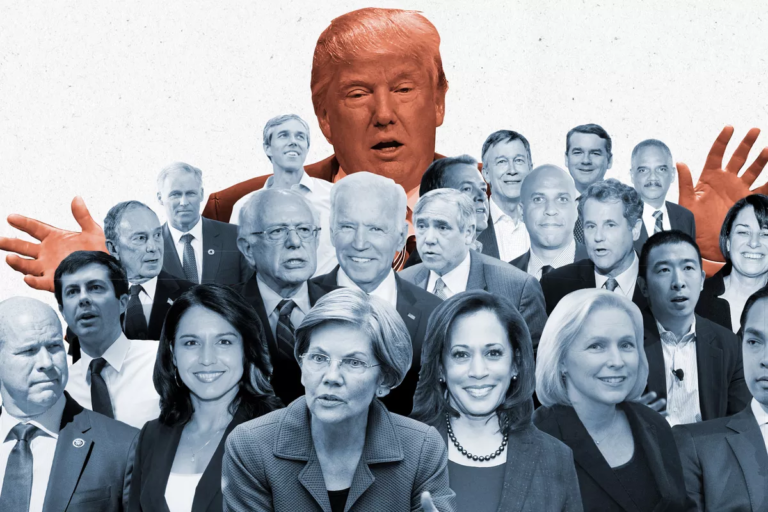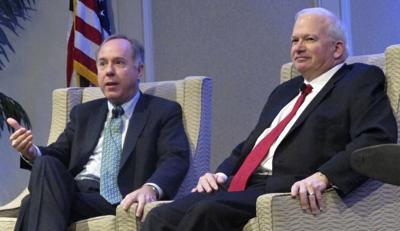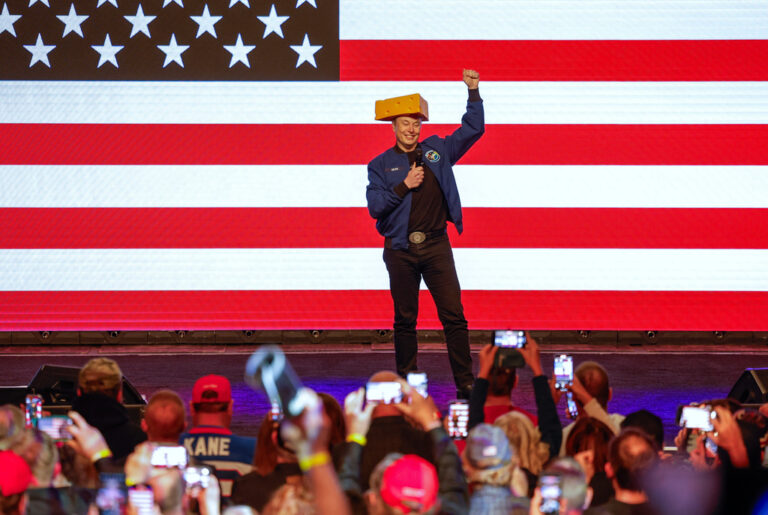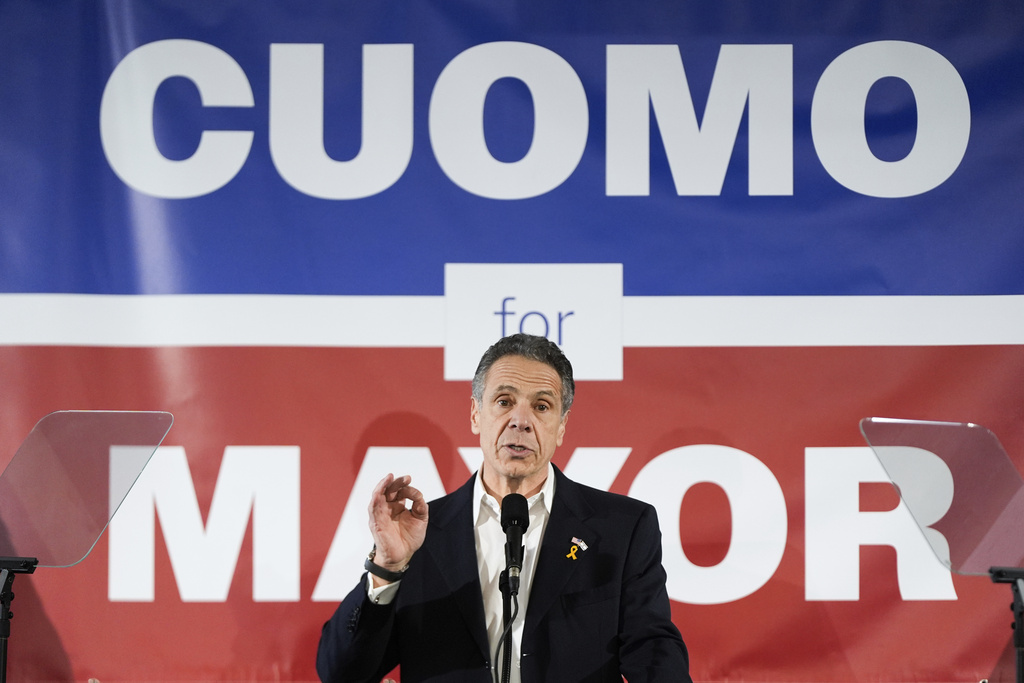
Andrew Cuomo perfectly embodies the archetypal, calculating politician — saying what voters want to hear while rarely standing for anything with consistency. His political philosophy (if it exists at all) is constantly in flux. In his 2018 re-election bid for New York governor, he quickly revised his positions on recreational marijuana, voting rights for felons, and other pressing issues in an attempt to shore up progressive support. Now, Cuomo is criticizing a bill he signed into law that limited rent increases, demonstrating his lack of consistent views on public policy despite holding high-profile positions for decades. Either this is gross incompetence or, more likely, Cuomo skillfully playing politics.
His father, New York Gov. Mario Cuomo, often repeated the phrase, “You campaign in poetry; you govern in prose.” Andrew seems to have taken his dad’s advice to heart — or at least the first half. While it’s easy to criticize the Cuomo playbook as being deceitful and power-hungry, it certainly is effective at winning elections.
The Cuomos’ sustained success in politics can be attributed (in part) to “campaigning in poetry.” Accordingly, polling has routinely shown Andrew Cuomo as a clear frontrunner in the Democratic primary for New York City’s upcoming mayoral election. A quick visit to his campaign website will elucidate his strategy: most of his positions reflect desired outcomes, not specific policy goals. Without listing actionable steps, Cuomo’s website claims he will “increase the supply of affordable housing” and “crack down on nuisance and quality of life crimes.”
This strategy, if successful, sets up Cuomo for strong re-election odds. A candidate cannot be held accountable to campaign promises if they do not make any. If Cuomo made big promises, it would be challenging for him to fulfill them while in office. Instead, he will face less scrutiny in a re-election campaign.
Progressive candidates for mayor do not seem to recognize the need to “campaign in poetry.” Unlike the frontrunner, Zohran Mamdani and Brad Lander have made bold promises. Lander’s proposals may be more detailed than Mamdani’s, but each candidate has articulated specific policy action they intend to take while in office. Politically, this approach has seemed to pay off. In a recent poll, Mamdani trails Cuomo in second place with Lander in third, despite each having relatively low name recognition.
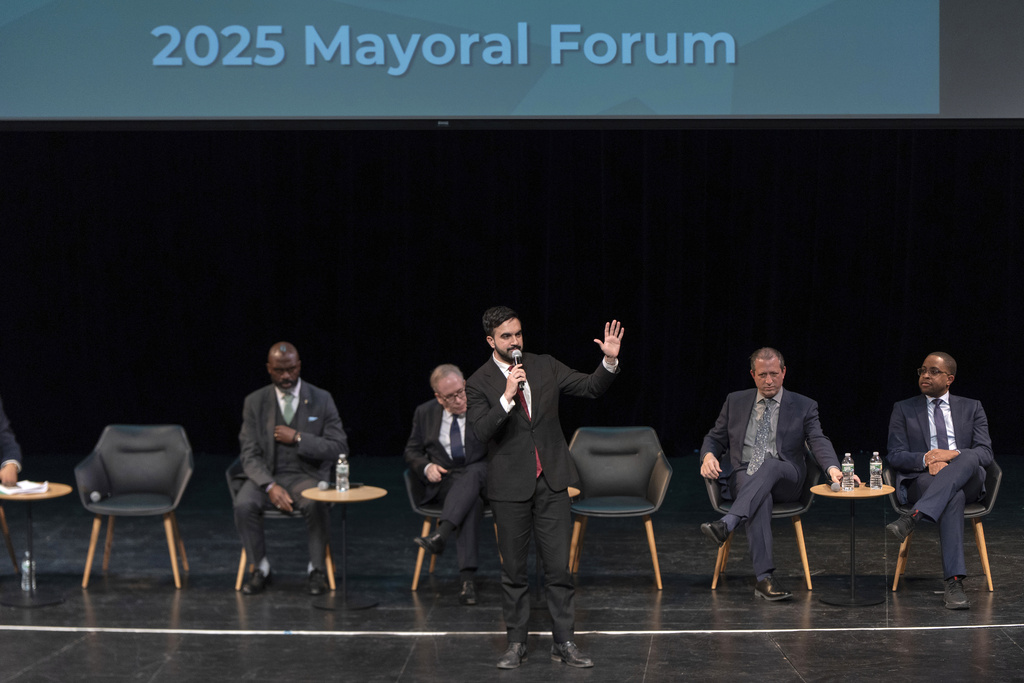
But the ambitious nature of their agendas will make it unlikely that either progressive would actually be able to fulfill many of their campaign promises. Campaigning on such specific policy goals draws ideological lines in the sand before their hypothetical terms have even begun. The mayor cannot unilaterally decide public policy, and any candidate would face opposition from the City Council, the state, and other powers that could put a wrench in their agendas.
Not making too many enemies on the campaign trail and winning re-election are integral steps towards getting things done, particularly at the local level. In the absence of a competitive party system, local politics is even more dependent on personal relationships than is national politics. Ideological factions are only loosely defined, unlike the polarized two-party system in Congress. By touting unspecific policy positions, Cuomo likely avoids alienating legislators and interest groups that could help him implement public policy.
Winning a second term would allow Cuomo to accomplish more by developing his political coalition further. With other levels of government conflicting with the municipal level — whether it be projects dependent on federal funding, approval from state government, or reform that needs hyper-local support from community boards — a mayor needs time to rally stakeholders towards a shared policy vision.
Conversely, the strategies of progressives like Mamdani and Lander would result in a difficult re-election campaign for either candidate. Mamdani’s fantastic online presence or Lander’s perceived technocratic expertise would not save them if their administrations were ineffective. Certainly, Mamdani recognizes the importance of effective government. He recently explained, “I think you have to show your work. You have to actually deliver it.” His ability to “show his work,” however, may be imperiled by his decision to campaign in prose.
Chicago’s current political dynamics may offer a window into New York’s possible future. Mayor Brandon Johnson — a progressive endorsed by Lander and elected by traditionally left-wing voters — narrowly defeated an establishment-backed candidate in 2023. Johnson had minimal political experience before getting elected mayor, but still carried a bold vision for the city.
Yet, his administration has floundered. Besides a few early accomplishments, he has failed to implement his agenda. The mayor has been rebuked by the City Council and by voters. His disapproval rating sits at nearly 80 percent. An ambitious progressive mayor in New York would likely suffer the same fate — in particular if they lack experience as a government executive.
This phenomenon presents a seemingly lose-lose situation for progressives. A reformer like Mamdani will face the greatest difficulty with implementing policy, while an institutionalist like Cuomo is unlikely to challenge the status quo (partially to appease his base). An amorphous, establishment politician will also have the most leverage to enact change, but the least political courage to actually do so.
There is a middle ground between these two extremes, though.
In order to capture left-wing voters and avoid making big promises, a candidate could offer general support for progressive policy proposals without actually running on them. In official campaign material, a progressive candidate could avoid contentious policy ideas. But when pressed on a given issue, the candidate could express support for a progressive solution. There is a key difference between supporting something and running on it — Mamdani and Lander do not need to turn each of their political opinions into campaign promises. Speaking out on issues unrelated to local government, like international issues, could also demonstrate progressive bonafides without making difficult promises.
Still, progressive candidates must carry a bold agenda with them into office. They should avoid campaigning on every aspect of it. Getting things done while in office is not only the purpose of politics, but it’s also key to building a sustained political coalition. Governing in prose is just as important to political success as campaigning in poetry.
The Zeitgeist aims to publish ideas worth discussing. The views presented are solely those of the writer and do not necessarily reflect the views of the editorial board.

